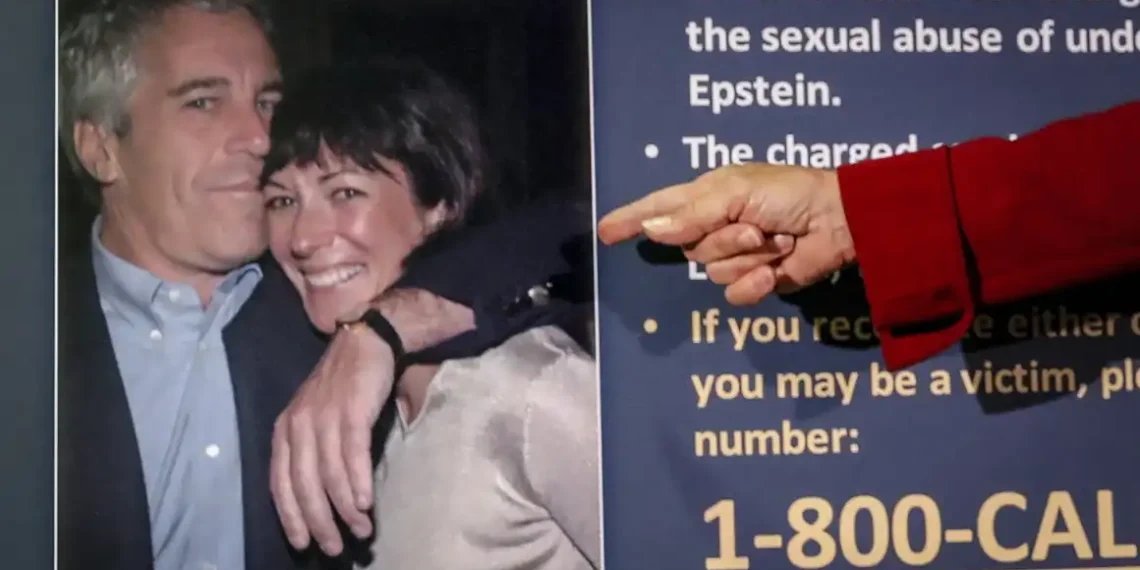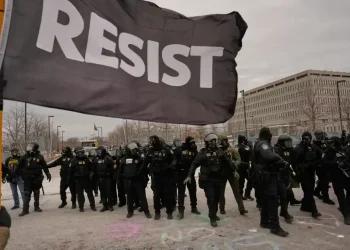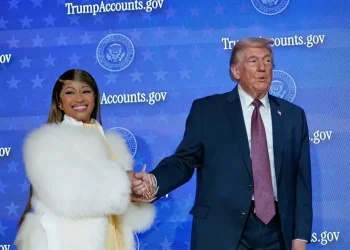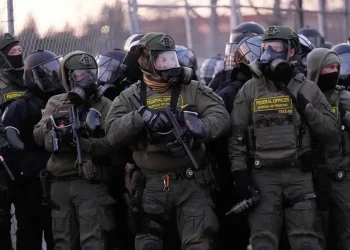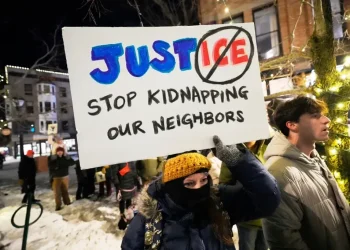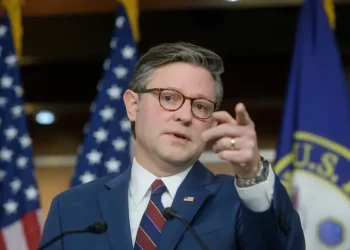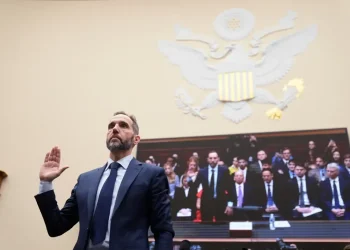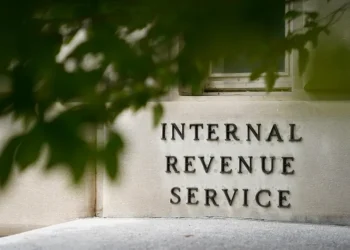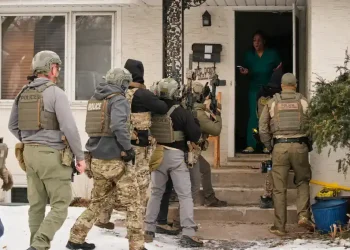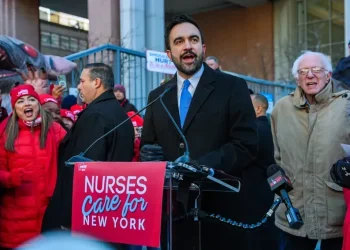Judge rejects Trump-era DOJ bid to unseal Epstein grand jury records
July 24, 2025 – 11:03 AM
A federal judge in Florida has denied a request from the Trump-era Justice Department to unseal grand jury records from Jeffrey Epstein’s 2005 and 2007 investigations. The court ruled that the request did not meet the legal threshold required to release the confidential materials, even as political interest in Epstein-related documents continues to grow.
What happened in court
On Wednesday, U.S. District Judge Robin Rosenberg ruled against the Justice Department’s request to unseal transcripts from grand jury proceedings related to Epstein’s early criminal investigations in Florida. The judge, based in West Palm Beach, emphasized that federal law allows such records to be disclosed only in rare and exceptional cases — and this one didn’t qualify.
“Grand jury proceedings are protected for a reason,” Rosenberg wrote in her decision. “The government has not demonstrated a compelling reason to break that confidentiality.”
The move comes amid renewed scrutiny of Epstein’s past and growing demands from lawmakers and political influencers to disclose more details about his associates.
Why the DOJ wanted the records unsealed
The unsealing request was part of a broader transparency push from the Trump administration during its second term. Deputy Attorney General Todd Blanche filed the motion, arguing that public access to the records was necessary to address the lingering doubts and conspiracy theories surrounding the Epstein case.
“Transparency to the American public is of the utmost importance to this administration,” Blanche wrote in a statement accompanying the filing.
The same request was also submitted in New York, where a separate case related to Epstein was handled. That court has yet to issue a decision.
Supporters of former President Donald Trump — along with several conservative lawmakers — have pushed for the records to be released, claiming they might contain names of powerful individuals who were never charged or fully investigated.
A look back at Epstein’s plea deal
Jeffrey Epstein, a wealthy financier with ties to celebrities and politicians, was first investigated in the mid-2000s. In 2008, he avoided federal charges by accepting a plea deal in Florida state court. He pleaded guilty to two charges involving a minor and served just 13 months in a county jail, with significant work-release privileges.
The deal was brokered behind closed doors and widely criticized as unusually lenient, prompting allegations of preferential treatment due to Epstein’s powerful connections.
That plea agreement — and the secrecy around it — remains one of the most controversial parts of the case.
Renewed focus after Epstein’s death
Epstein was arrested again in 2019 on new federal sex trafficking charges. Weeks later, he was found dead in his New York City jail cell. Officials ruled it a suicide, but the circumstances have sparked widespread public doubt.
His longtime associate Ghislaine Maxwell was later convicted for her role in helping Epstein recruit and exploit underage girls. She is currently serving a 20-year sentence in federal prison.
With many questions still unanswered, calls for transparency have intensified across political lines — though especially among Trump supporters, who believe key figures are still being shielded.
Political momentum and public pressure
Earlier this year, the Justice Department took symbolic steps toward declassification. In February, several conservative influencers were invited to the White House and handed folders labeled “The Epstein Files: Phase 1” and “Declassified.” However, most of the materials inside were already public.
On July 7, the DOJ released a two-page memo confirming that there is no official “client list” and that no further Epstein files would be released. The memo, unsigned by any individual, said that “no further disclosure would be appropriate or warranted.”
Despite that, political pressure is ramping up.
A House Oversight subcommittee recently voted to subpoena the DOJ for additional records. The full committee has also issued a subpoena for Ghislaine Maxwell, requesting her testimony before Congress in August.
Meanwhile, Senate Judiciary Committee members — including Sen. Adam Schiff (D-Calif.) — are calling for Attorney General Pam Bondi and FBI Director Kash Patel to testify about how the case has been handled.
Why the ruling matters
The Florida court’s decision is a victory for those who believe grand jury confidentiality must be protected, even in high-profile cases. But the political battle is far from over.
With congressional subpoenas, public pressure, and a pending decision in New York, the Epstein case remains in the spotlight — years after his death.
For many, the central issue is no longer just Epstein’s crimes but the institutions that may have failed to stop him. The questions still left unanswered are fueling continued debate over justice, transparency, and accountability at the highest levels.
Summary:
A federal judge in Florida has blocked the Trump-era Justice Department’s attempt to unseal grand jury records from Epstein’s early investigations. While the court upheld confidentiality laws, pressure is growing in Congress and beyond to uncover more about Epstein’s powerful connections.
What do you think — should the Epstein files be made public? Leave a comment or explore more updates on this developing story.
This article was rewritten by JournosNews.com based on verified reporting from trusted sources. The content has been independently reviewed, fact-checked, and edited for accuracy, neutrality, tone, and global readability in accordance with Google News and AdSense standards.
All opinions, quotes, or statements from contributors, experts, or sourced organizations do not necessarily reflect the views of JournosNews.com. JournosNews.com maintains full editorial independence from any external funders, sponsors, or organizations.
Stay informed with JournosNews.com — your trusted source for verified global reporting and in-depth analysis. Follow us on Google News, BlueSky, and X for real-time updates.
